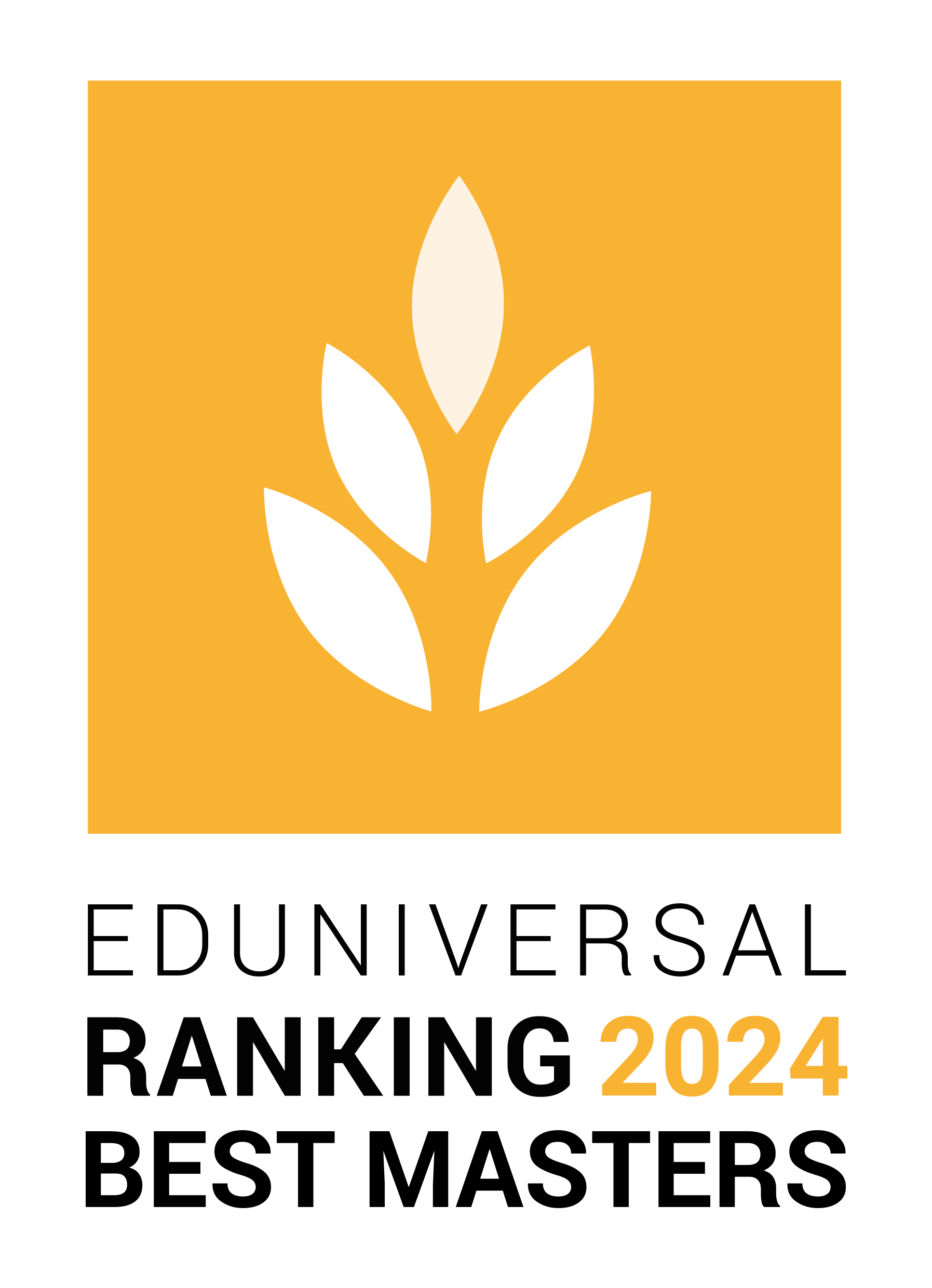- Home
- About
- Business Schools Ranking
- Selected schools
- study abroad
- Awards
- Contact
Study in Sudan
Sudan Statistics

Geography-Population
Capital: Khartoum
Area: 2,505,813 sq km
Climate: tropical in south; arid desert in north; rainy season varies by region (April to November)
Population: 45,047,502 (July 2011 est.)
Languages: Arabic (official), English (official), Nubian, Ta Bedawie, diverse dialects of Nilotic, Nilo-Hamitic
Government-Economy
Government type: Government of National Unity (GNU ) : the National Congress Party (NCP) and Sudan People's Liberation Movement (SPLM) formed a power-sharing government under the 2005 Comprehensive Peace Agreement (CPA)
Independence Day: 1 January 1956 (from Egypt and the UK)
Currency: Sudanese pounds (SDG) per US dollar
GDP: $98.79 billion (2010 est.)
GDP - per capita (PPP): $2,200 (2010 est.)
Information for Foreign Students in Sudan
Obtaining a Visa
We recommend travellers to check visa requirements contacting the Paraguayan Embassy in their home country or going on its website. It is important to know that Sudanese authorities refuse entry and transit to holders of passports that contain visas for Israel (either valid or expired). Besides, special permits are required for all travel outside Khartoum. These can be obtained from the Passport and Immigration Office, Ministry of Interior, Khartoum.
Housing
Link for hotels in Khartoum: http://www.southtravels.com/africa/sudan/destinations.html#khartoum
Health
Tap water should be regarded as a potential health risk. It would be better to boil or chemically treat the water before using it for drinking, making ice and brushing teeth. Medical treatment may be free at certain establishments but health insurance is essential and should include cover for emergency repatriation. Medical facilities are very limited, particularly outside Khartoum.
Money
Sudanese Pound is divided in 100 piasters. It has replaced the Sudanese Dinar.
Travellers cheques are generally not recommended but should be in a major currency.
Due to recent conflicts, it is recommended to bring plenty of cash rather than rely on card transactions in Sudan. Furthermore, the import and export of local currency is prohibited, while the import and export of foreign currency is unlimited, but subject to declaration. So it is better to change the currency once arrived in the country.
Transportation
Internal railway network need to be repaired, consequently, the service is extremely slow and uncomfortable.
On the roads, traffic drives on the right. Only major roads are asphalted; road conditions are poor outside towns, roads to the north are often closed during the rainy season (July to September) and street lights are non-existent. Bus services run between the main towns and depart from the market places; however they are not entirely safe. Taxi also often unsafe, taxis can be found at ranks or hailed in the street. Taxis are not metered; fares must be agreed in advance.
Keeping in touch
Internet access is available in main towns. Mobile telephone: roaming agreements exist with some international mobile phone companies. Coverage is available in main towns.
Telephone: outgoing international calls must go through the operator.
Official Selection of the Best Business Schools in Sudan
|
1 Palme Of Excellence LOCAL Reference |
Rank Position in
Palmes’ League |
Deans’ Recommendation
rate 2023 |
|---|---|---|
| 1 | 101 ‰ |
Best Master’s programs in Sudan

Learn the ranking results of the best masters in Sudan here:
